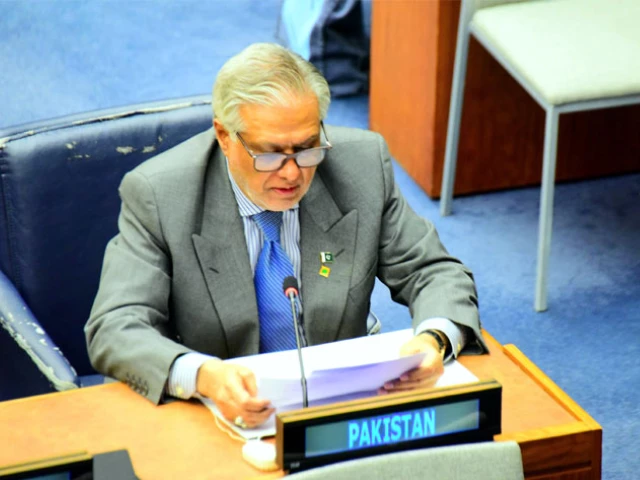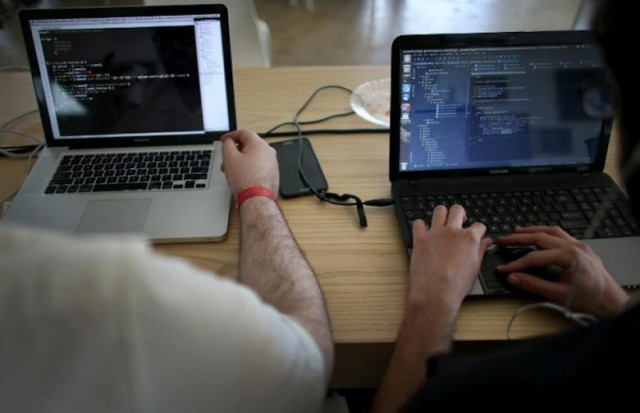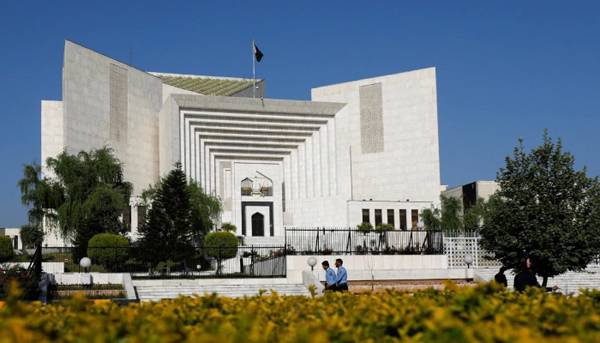.
Ishaq Dar speaking at an OIC High-Level Event on Peace and Tolerance on the margins of the 80th Session of the UN General Assembly
…

.
Ishaq Dar speaking at an OIC High-Level Event on Peace and Tolerance on the margins of the 80th Session of the UN General Assembly

A major corruption scandal has surfaced in the National Cyber…

PESHAWAR: Heavy snowfall has forced the closure of Tirah Road, leaving several vehicles stranded, the Provincial Disaster Management Authority (PDMA) said.
According to PDMA, the district administration is carrying out an ongoing rescue operation…

ISLAMABAD – The Supreme Court of Pakistan has upheld the life imprisonment sentences of six convicts in a case involving the murder of five people in Kasur, dismissing their appeals as well as a plea by the complainant seeking enhancement of…